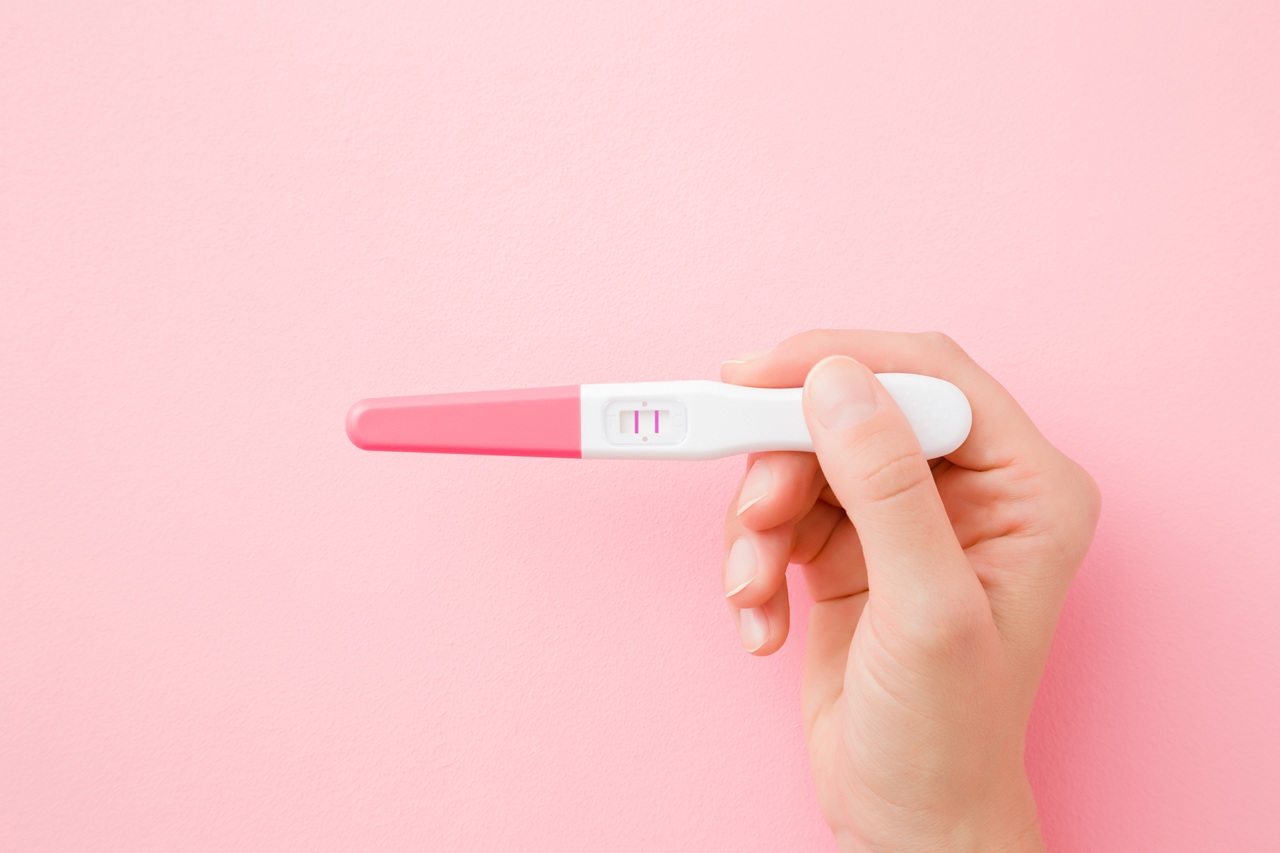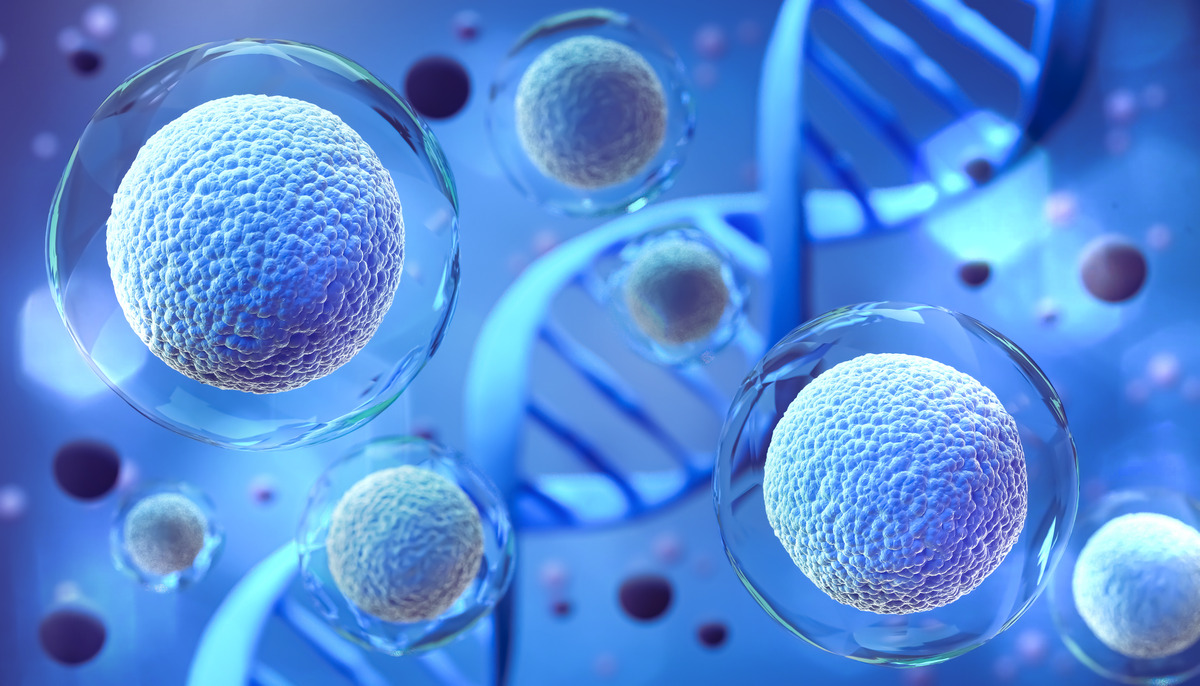Checkups and Tests During Second Trimester

As you approach the second trimester, routine prenatal examinations become even more crucial. Pregnancy is a wonderful adventure. In addition to keeping an eye on your health, these examinations guarantee the growth and health of your unborn child. This stage of your pregnancy can be easy and stress-free if you are well-informed about everything from standard pregnancy tests to more specialized assessments. Second-trimester checkups are crucial, and thus, we present you with a complete checklist of what to expect from them.
Regular Prenatal Checkups
Prenatal visits typically take place once a month during the second trimester. This includes weight checks, blood pressure examinations, and general health checkups. Also, doctors use a Doppler ultrasound to examine the fetal heartbeat and measure the fundal height in order to track the development of the fetus. However, more frequent checkups are required in cases of a high-risk pregnancy.
Your physician might also inquire about -
- Movement of the fetus
- Sleep habits
- Nutrition and vitamin consumption during pregnancy
- Any signs of preeclampsia or preterm labor
Contact your healthcare practitioner right away if you suffer from severe symptoms, including bleeding in the vagina or experiencing frequent vomiting. Others include blurred vision or unusual swelling.
Essential Pregnancy Tests
Many pregnancy tests are performed to evaluate the health of the mother and the unborn child -
1. Screening With Ultrasound
An anatomy scan, also known as a 20-week ultrasound, is one of the most thrilling moments of pregnancy. A thorough examination of the baby's growth, including its organs, limbs, and even facial traits, is provided by this scan. It verifies the due date and aids in identifying any structural irregularities.
2. Test of Glucose Tolerance
To check for gestational diabetes, a glucose tolerance test is conducted between weeks 24 and 28. A blood test to determine glucose levels is performed after consuming a sugary solution. A follow-up glucose test after three hours can be necessary if the results show elevated blood sugar.
3. Triple or Quadruple Screen Test
Some of the chemicals found in pregnancy are detected by these blood tests. For instance, Alpha-fetoprotein (AFP), human chorionic gonadotropin (hCG), estriol, and inhibin-A (for the quad test). It aids in screening for chromosomal disorders, including Down syndrome and neural tube problems like spina bifida.
4. Optional Amniocentesis
Amniocentesis may be advised for women who are more susceptible to genetic abnormalities. Amniotic fluid is collected in this test in order to identify neural tube anomalies and chromosomal abnormalities.
5. Extra Examinations and Safety Measures
Additionally, your doctor might suggest tests for anaemia, infections, or Rh incompatibility. Regular urine tests measure glucose and protein levels, which aid in the detection of urinary tract infections and preeclampsia.
Considering Stem Cell Banking
One important choice to think about as you get ready for the birth of your child is stem cell banking. It is possible to bank your baby's umbilical cord stem cells for use in future medical procedures. For diseases like leukaemia and immunological problems, these cells can save lives. One can make an informed decision by exploring stem cell banking with the doctor during the second trimester.
Wrapping Up
By following your pregnancy checklist, you can keep yourself and your unborn child healthy during the second trimester. Moreover, considering steps like stem cell banking, getting regular checkups, and getting the necessary pregnancy tests can make the mothers feel more at ease as they prepare for he next phase of their lives. Take pleasure in this amazing path to parenting, and always seek medical advice if you have any worries! For stem cell banking, you can connect with Cryoviva today and safeguard your little one’s future from life-threatening diseases.









 Enquiry
Enquiry
 Email
Email Phone
Phone
 Whatsapp
Whatsapp